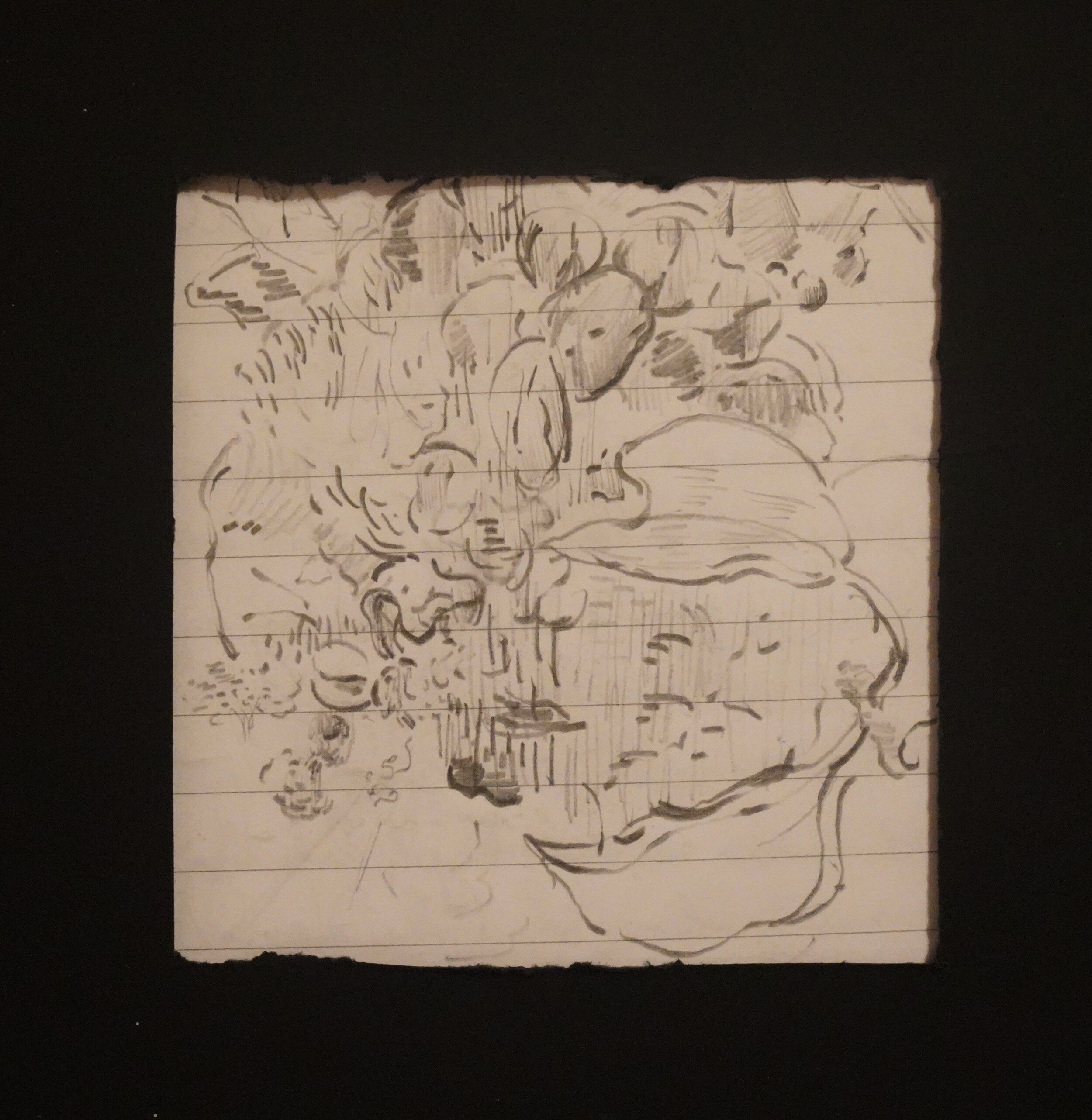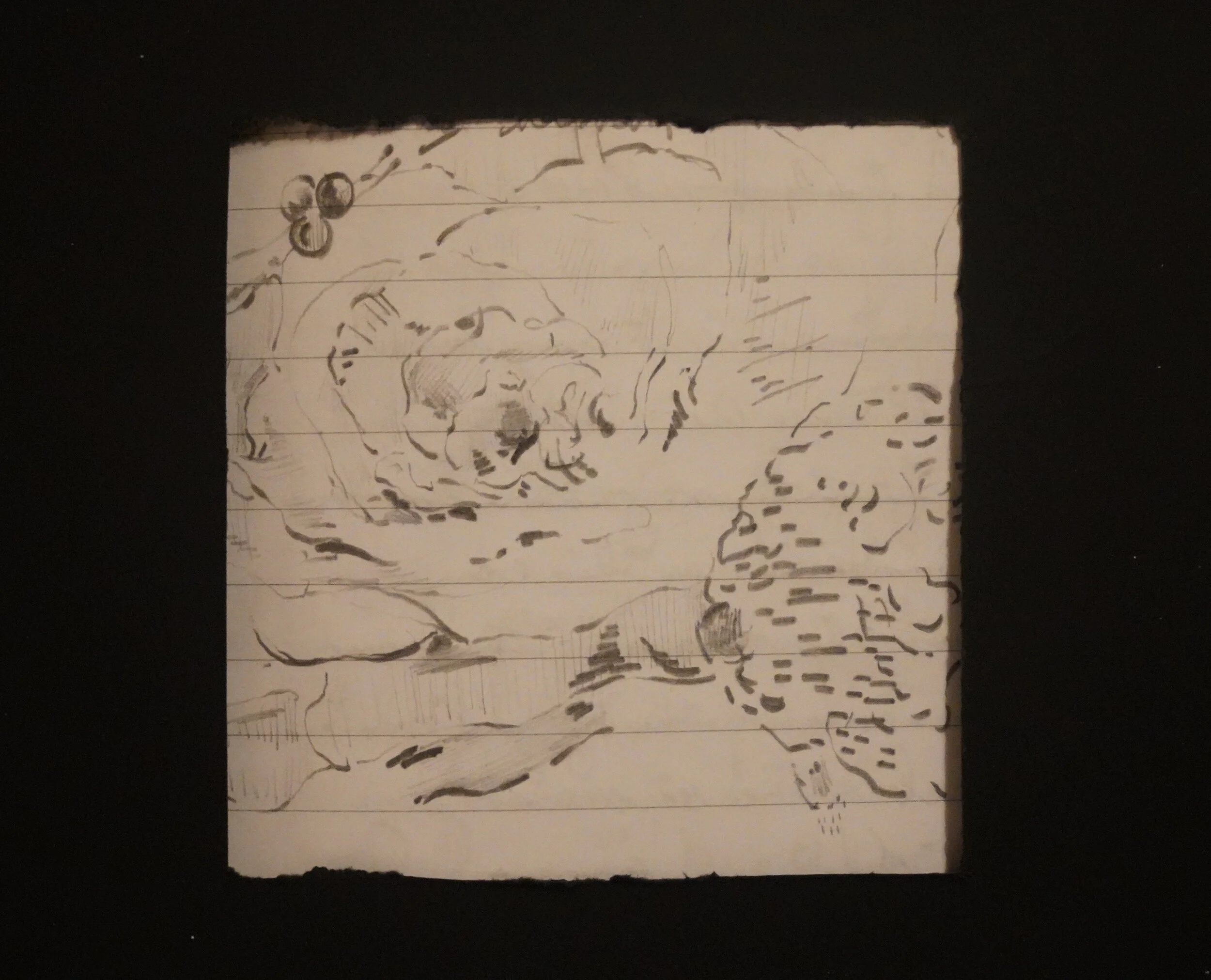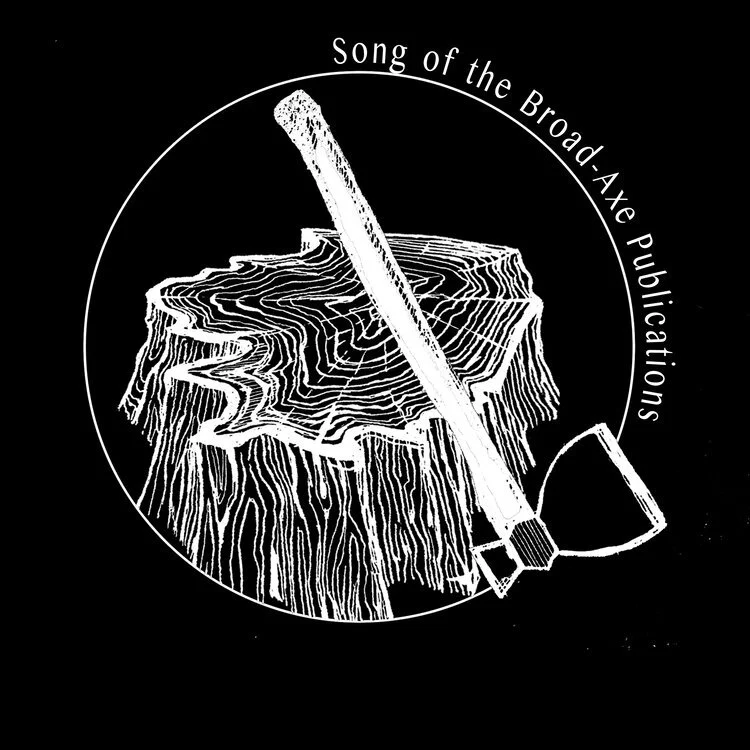Notes from the Editor's Desk
11/5/19 The Pit and The Pendulum and Kafka
Our lack of didactic understanding appertaining to perceptions of our devices and their use makes an even third with the distinction I would like to draw between Kafka and The Pit and the Pendulum by Poe. While out on the platform with Poe, standing in wait for the last southbound Metra of the night, which had seemingly switched over to the Madigan schedule some hour and a half prior, when it was scheduled to arrive, but failed to appear, the conceit of the story’s construction proved exhausting. Only Poe’s technical capacity kept it from being tedious. There is much to be learned from how well Poe creates a glimmer of expectation, horror, or describes horror at the expectation of death. It is said Kafka’s stories start with the bleakest of conditions, yet somehow continue in the fall described at the outset without cease. Poe’s narrator circles a room with his hands and takes great pains to convey the process by which the dimensions of a lightless chamber were ascertained, and then how fright and weariness misconstrued the room, making it intricate and expansive. After discovering the fault, the room is understood to be no more than a small chamber of common construction. Nothing provides for sympathetic understanding save for a voyeuristic interest in terror, a potentiality common to man, whether narrator or reader. In that way, the surface becomes the entirety. The surface sense of the environment and the surface sensation of fright leave no room for distinguishing between the two. Only Poe’s sentences themselves, and not the literary substance, indicate and go about sustaining the distinction. Kafka’s protagonist Josef K. wakes up in The Trial accosted by punitive keepers, who, although human, act in all too rational service of an absurd apparatus of the law; this before Josef K. has even changed out of his nightshirt no less. Josef K.’s condition appears bleaker precisely because a nuanced internal life engages with the human and absurd in a manner that is entirely intuitive to the reader. Poe fails in his observation of the pendulum’s fall into the pit. Kafka’s observation are made from the perspective of the falling, and are therefore relative. Poe goes so fas as to provide the reader an unlikely intervention in the last moments, at least in part, but in any event produces an ending wholly unlike that of The Trial, when Josef K. is given the knife. The only sustaining energy in The Pit is fear and expectation. Insofar as these notions appertain to the little understood metaphor of digital interfaces, I think our interaction with phones flattens our awareness to the point that it becomes indistinguishable from the screen. Digital interfaces are of a class of metaphors that trivialize metaphor. A kernel, however, when considered in a dream to mend experience, can recall the sensation and make it Kafkaesque.





